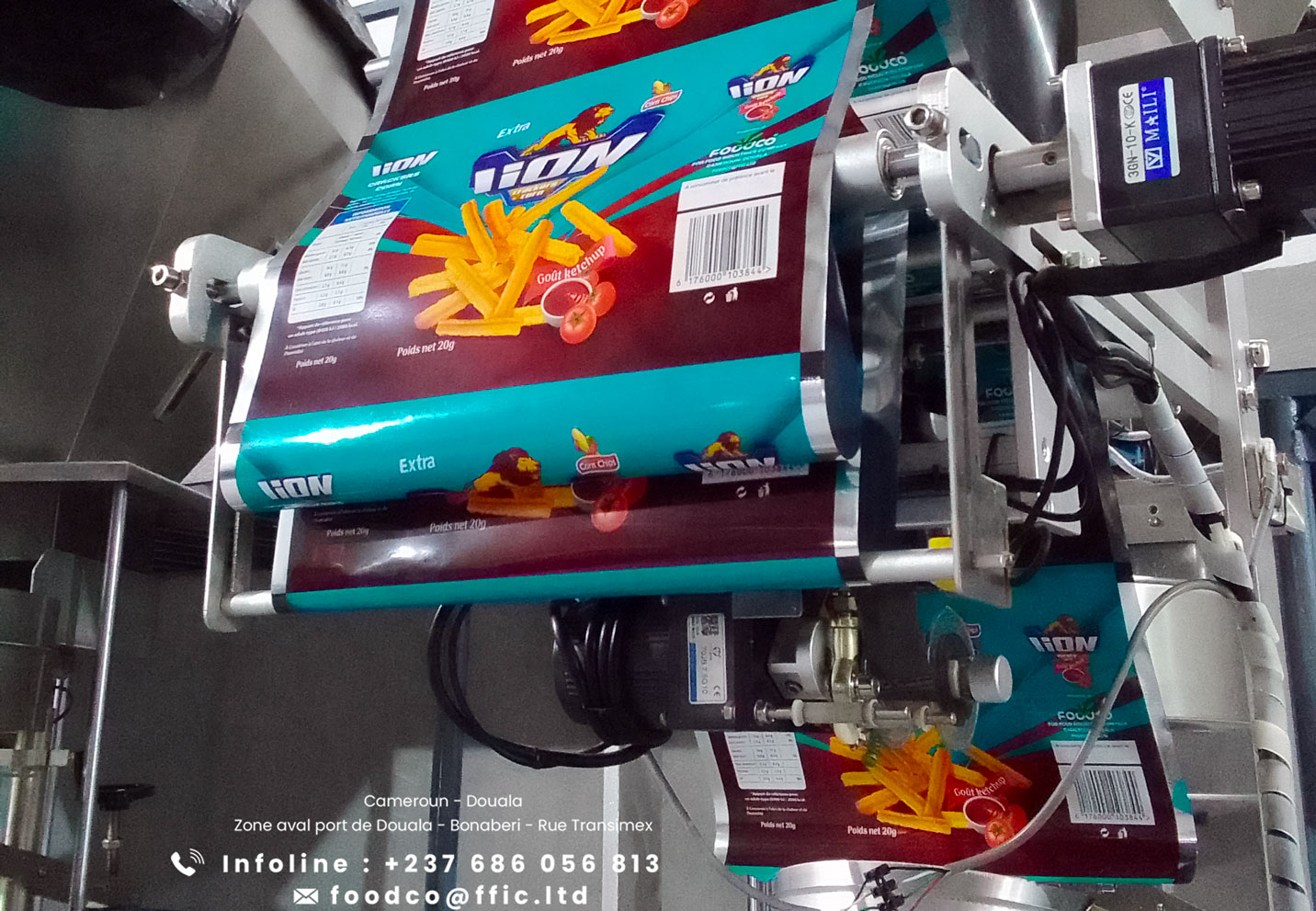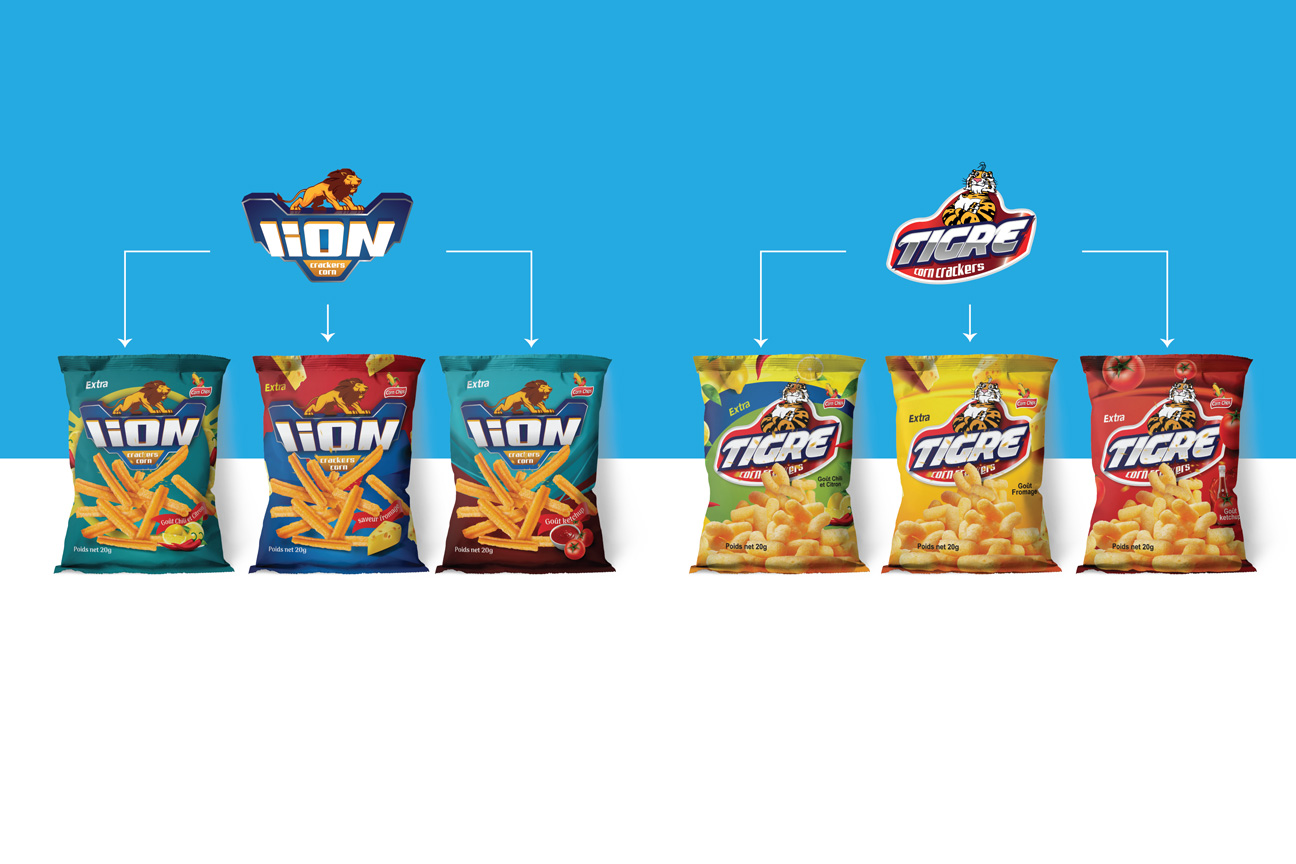In the competitive world of online casinos, understanding the intricacies of bonus wagering requirements is essential for both players and operators. These requirements influence how players engage with offers, their potential winnings, and overall satisfaction. While many casino bonuses appear similar on the surface, their underlying wagering conditions can vary significantly, affecting profitability and user experience. moana casino exemplifies a modern approach to bonus structuring, making it a valuable case study in this context. This article explores how Moana’s wagering requirements compare to other popular casino offers, examining practical implications for players and industry trends.
Table of Contents
- How Do Wagering Requirements Differ Across Popular Casino Bonuses?
- What Are the Practical Effects of Wagering Conditions on Player Engagement?
- How Industry Experts View Moana’s Bonus Wagering Policies in the Context of Market Growth
- What Non-Obvious Factors Affect the Effectiveness of Wagering Terms?
How Do Wagering Requirements Differ Across Popular Casino Bonuses?
Variations Between Moana and Traditional Deposit Bonuses
Wagering requirements are a key metric that distinguishes one casino bonus from another. Traditional deposit bonuses often impose wagering ratios ranging from 20x to 40x the bonus amount. For example, a common offer might be a 100% match up to £100 with a 30x wagering requirement, meaning players must wager £3,000 before withdrawal. In contrast, moana casino adopts a more transparent and player-friendly approach by implementing lower wagering thresholds—sometimes as low as 15x or 20x—on certain offers. This reduction simplifies the path to withdrawal, reducing the chance of bonus frustration and increasing player satisfaction.
Impact of Wagering Ratios on Player Profitability
The ratio between the bonus amount and wagering requirement directly impacts potential profitability. A higher ratio, such as 40x, demands more playtime and higher risk, which can diminish the attractiveness of the bonus. Conversely, a lower ratio enhances the likelihood of turning bonus funds into real winnings. For instance, a bonus with a 15x wagering requirement allows players to meet conditions faster, increasing the chance of profits. This dynamic illustrates why modern casinos, like Moana, focus on lowering wagering ratios to attract and retain players seeking better value.
Case Studies of Different Casino Promotions and Their Requirements
| Casino | Bonus Type | Wagering Requirement | Remarks |
|---|---|---|---|
| Casino A | Deposit Match | 30x bonus | Standard industry practice |
| Casino B | Free Spins | 25x winnings | Lower wagering, high engagement |
| Moana | Deposit Bonus | 20x bonus | More player-centric approach |
This table highlights how Moana’s lower wagering requirements position it competitively among traditional offers, emphasizing user-friendly policies.
What Are the Practical Effects of Wagering Conditions on Player Engagement?
Influence of Wagering Thresholds on Bonus Usage Frequency
Lower wagering requirements often lead to increased bonus usage. When players perceive the conditions as attainable, they are more likely to activate offers regularly. For example, a bonus with a 15x requirement encourages more frequent participation than one with a 40x threshold, fostering consistent engagement and higher overall activity levels.
Relationship Between Wagering Demands and Win Rates
High wagering demands can skew win rates by requiring players to wager larger sums before realizing profits. Conversely, lower requirements help normalize win rates, making the gaming experience more predictable and less risky. This transparency benefits players who prefer to manage their bankrolls effectively and reduces frustration associated with unmet wagering conditions.
Player Retention Metrics Under Different Bonus Structures
Research indicates that bonuses with manageable wagering requirements contribute to higher retention rates. Players are more likely to return if they can reasonably complete wagering obligations within a short timeframe. Casinos like Moana leverage this insight by aligning their bonus policies with player expectations, enhancing loyalty and lifetime value.
How Industry Experts View Moana’s Bonus Wagering Policies in the Context of Market Growth
Predicted Trends in Bonus Wagering Requirements
Experts anticipate a shift towards lower wagering ratios across the industry, driven by consumer demand for transparency and fairness. Innovative operators are adopting more straightforward terms to differentiate themselves in a crowded market, as exemplified by Moana’s approach. This trend is reinforced by data showing increased player satisfaction and higher conversion rates when wagering conditions are simplified.
Competitive Advantages of Moana’s Offerings
By maintaining competitive wagering requirements, Moana positions itself as a player-friendly brand. This strategy not only attracts new players but also fosters long-term loyalty, giving it an edge over competitors with more restrictive terms. The emphasis on transparency and ease of withdrawal reflects broader industry movements towards responsible gaming practices and customer-centric policies.
Market Adoption Rates and Consumer Preferences
Market analysis suggests growing consumer preference for bonuses with lower wagering requirements. Surveys indicate that players prioritize fairness and transparency over bonus size alone. Moana’s adherence to these preferences has likely contributed to its rising market share, illustrating the importance of aligning bonus policies with evolving consumer expectations.
What Non-Obvious Factors Affect the Effectiveness of Wagering Terms?
Impact of Bonus Wagering on Casino Revenue Streams
While lower wagering requirements benefit players, they also influence a casino’s revenue model. Reduced thresholds can shorten the time to bonus clearance, potentially decreasing total revenue per bonus. However, this approach can increase player volumes and overall engagement, offsetting the lower margins through higher traffic and loyalty.
How Wagering Requirements Shape Player Behavior Patterns
Players tend to adapt their gaming behavior based on wagering conditions. Strict requirements may lead to risk-averse play, while lenient terms encourage exploration across various games. For instance, a casino with low wagering thresholds might see increased activity in slots and live dealer games, which have higher house edges but are more entertaining, thus balancing player satisfaction with profitability.
Operational Challenges in Managing Wagering Conditions
Implementing and monitoring wagering requirements pose logistical challenges for casinos. Accurate tracking, transparent communication, and fraud prevention are essential to ensure compliance. Modern technology solutions, such as automated wagering calculators and real-time reporting, help operators manage these complexities efficiently, exemplifying best practices in the industry.
In conclusion, understanding and optimizing wagering requirements is crucial for creating attractive, fair, and sustainable casino bonus offers. Modern operators like Moana demonstrate that balancing player-friendly conditions with operational viability can foster trust and growth in a competitive market.









